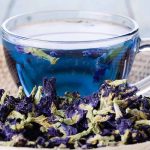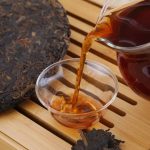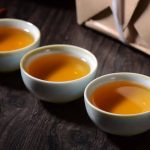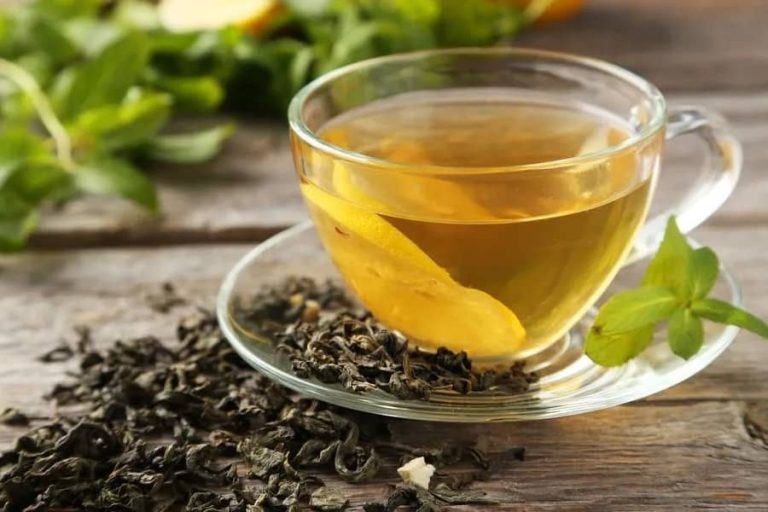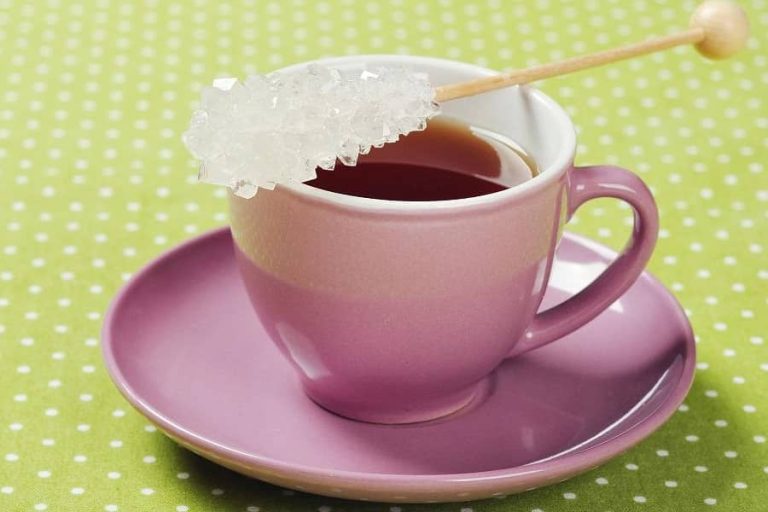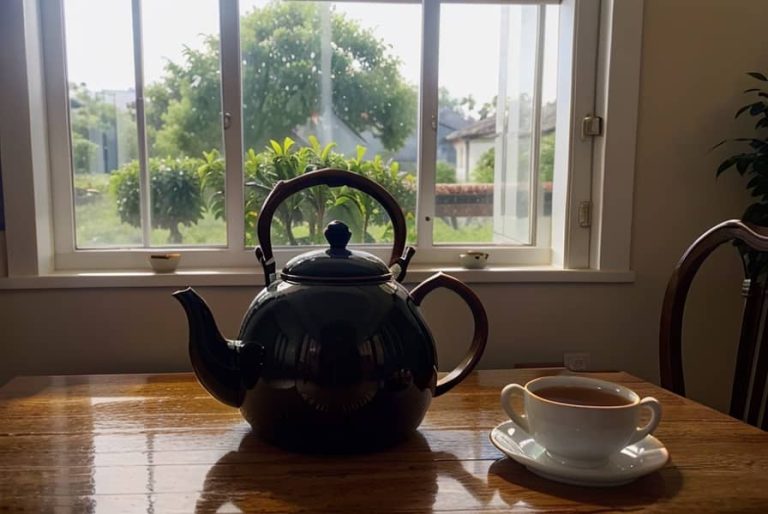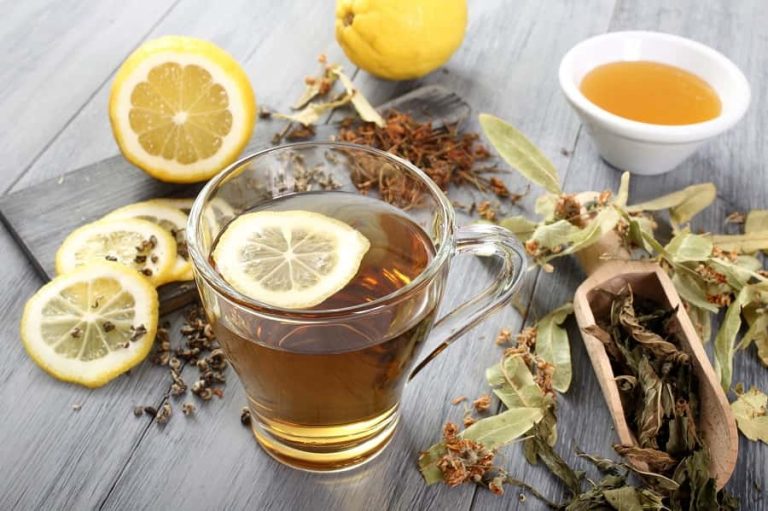Exploring the Delights of Kenyan Purple Tea
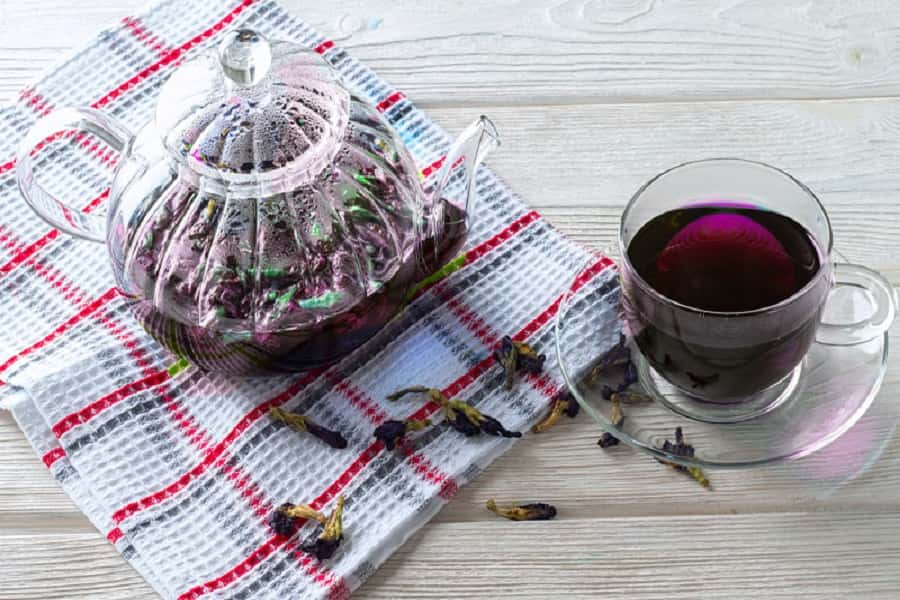
Kenyan Purple tea is a unique variety of tea that has recently gained attention for its vibrant color and potential health benefits. In this article, we will delve into the characteristics, cultivation process, nutritional value, health benefits, flavor profile, brewing techniques, availability, and culinary uses of Kenyan Purple tea.
Characteristics and Cultivation of Kenyan Purple Tea
Kenyan Purple tea gets its name from the purple-hued leaves that distinguish it from other teas. The leaves contain high levels of anthocyanins, which are natural pigments responsible for the tea’s striking color. Cultivated in the high-altitude regions of Kenya, this tea undergoes careful processing to ensure its unique qualities are preserved.
Nutritional Value of Kenyan Purple Tea
Kenyan Purple tea boasts an impressive array of health-promoting compounds. Anthocyanins, powerful antioxidants found in purple tea, help combat oxidative stress and reduce inflammation in the body. Additionally, this tea contains essential vitamins and minerals such as vitamin C, vitamin E, potassium, and calcium, further contributing to its nutritional value.
Health Benefits of Kenyan Purple Tea
Consuming Kenyan Purple tea may offer several health benefits. The anthocyanins present in the tea have been associated with reducing the risk of chronic diseases, including cardiovascular ailments and certain types of cancer. The antioxidants in purple tea also support immune function and aid in maintaining healthy skin.
Flavor Profile and Brewing Techniques of Kenyan Purple Tea
Kenyan Purple tea offers a delightful flavor profile that is often described as smooth, mellow, and slightly sweet, with subtle floral undertones. To brew this tea, use water at temperatures around 180°F to 195°F (82°C to 90°C) and steep for approximately 3-4 minutes. Adjust the brewing time and temperature according to personal preference.
Varieties and Blends of Kenyan Purple Tea
Kenyan Purple tea is available in various single-origin varieties, each with its own unique characteristics. Some tea producers also create exciting blends by combining Kenyan Purple tea with other teas or herbs, resulting in intriguing flavor combinations that cater to different palates.
Culinary Uses and Pairings with Kenyan Purple Tea
Apart from enjoying Kenyan Purple tea as a beverage, it can be incorporated into culinary creations. The tea’s aromatic and subtly sweet flavors make it an excellent ingredient for tea-infused recipes, such as desserts, marinades, and sauces. Additionally, it pairs well with fruits, light salads, and delicate pastries.
Availability and Market for Kenyan Purple Tea
Kenyan Purple tea is becoming increasingly available in local and international markets. While it may still be considered a specialty tea, it can be found in select tea shops and online retailers. The price range can vary depending on factors like quality, origin, and processing methods.
Conclusion
Kenyan Purple tea offers a visually stunning experience with its vibrant purple color and promises numerous health benefits. With its unique flavor profile, rich nutritional content, and versatile applications, this tea is gaining popularity among tea enthusiasts and those seeking a delightful and healthful beverage. So, indulge in the pleasures of Kenyan Purple tea and elevate your tea-drinking experience today.



